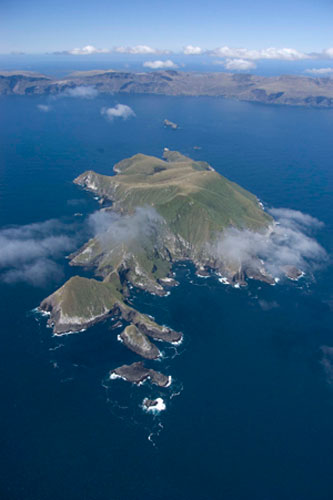The Scientific Committee on Antarctic Research (SCAR) Open Science Conference "Antarctic Science and Policy Advice in a Changing World" will be held in Portland, Oregon, USA during 16-19 July 2012 (click here).
The SCAR Open Science Conference will focus on SCAR's dual role of science and advice to policy makers. The first time slots of the last three days will be held in plenary, with a focus on overarching themes that should be of interest to the majority of attendees. These three themes are:
Antarctic Conservation Challenges in a Century of Change
Past, Present and Future Climate Evolution
Evolution and Biodiversity in Antarctica
Abstract submission is now available, and will close in February 2012. The International Scientific Organizing Committee proposes no less than 46 sessions spanning the range of disciplines represented in Antarctic and Southern Ocean Research. Session themes of relevance to the Albatross and Petrel Agreement include:
Birds and Marine Mammals; Conservation and the Protection of Antarctica: The Marine System; Conservation and the Protection of Antarctica: The Terrestrial System; and Antarctica and the Southern Ocean: Future Management Challenges.
You can contact the Local Organizing Committee if you are interested in organizing a workshop, focus group, or other themed meeting in conjunction with SCAR 2012. .
The SCAR Local Organizing Committee together with the Association of Polar
Early Career Scientists plan a variety of opportunities for early career scientists, from travel grants to workshops, and social functions. The first 200 students who submit and have an abstract accepted for the Open Science Conference will pay no registration fee.

Within the SCAR area of interest:
Disappointment Island, Auckland Islands, New Zealand
Photograph by Barry Baker
The Scientific Committee on Antarctic Research is an inter-disciplinary body of the International Council for Science (ICSU). SCAR is charged with initiating, developing and coordinating high-quality international scientific research in the Antarctic and providing independent scientific advice to the Antarctic Treaty System. Its area of interest includes all of the sub-Antarctic and some of the southern cool-temperate islands.
John Cooper ACAP Information Officer, 22 October 2011

 Français
Français  English
English  Español
Español